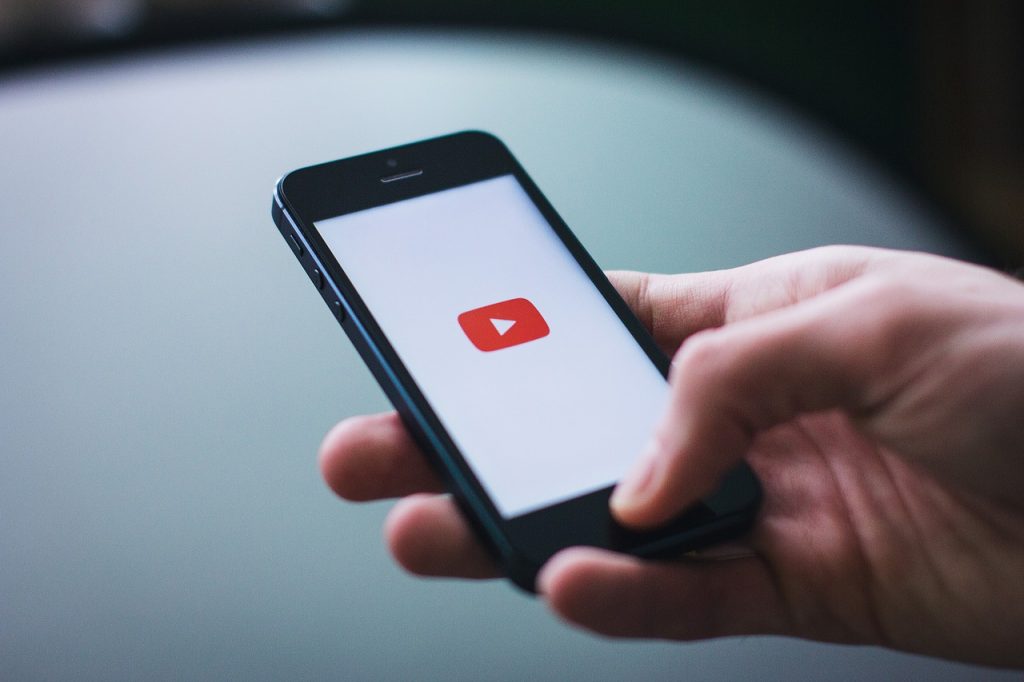
YouTube has taken down over 100,000 videos and more than 17,000 channels from April through June, along with more than 500 million comments, due to hate speech violations.
The Google-owned company updated its policy, implementing stricter rules on hateful content, such as banning supremacist content and removing videos that deny the existence of tragic events. Some of these events are the Holocaust and the 2012 Sandy Hook elementary school shooting. YouTube also claimed that its initiatives have lowered views on such content by 80%, and these are later removed from the site.
However, critics claim that the company is doing too little and is not transparent enough about its enforcement of the rules.
According to an Anti-Defamation League report, they have found at least 29 YouTube channels promoting anti-Semitic and white supremacist content. Some of these channels have been shut down but others remain on the video-sharing site.
It has also been reported that YouTube has rescinded its decision to delete several channels with white nationalist views and have reinstated them, including Vdare and the Iconoclast. In an interview with CNN Business, a YouTube spokesperson said, “We realize that many may find the viewpoints expressed in these channels deeply offensive. However, after a re-review of the content, we reinstated the channels."
The company claims improvements in its machine learning systems and that over 87% of the 9 million videos removed during Q2 2019 were discovered by the automated systems. Copyright infringement, violence, nudity and spam are among the other reasons a video can be taken down.
YouTube CEO Susan Wojcicki has recently emphasized on the company’s commitment to being an open platform. In a letter for content creators, she said “A commitment to openness is not easy. It sometimes means leaving up content that is outside the mainstream, controversial or even offensive. But I believe that hearing a broad range of perspectives ultimately makes us a stronger and more informed society, even if we disagree with some of those views."






